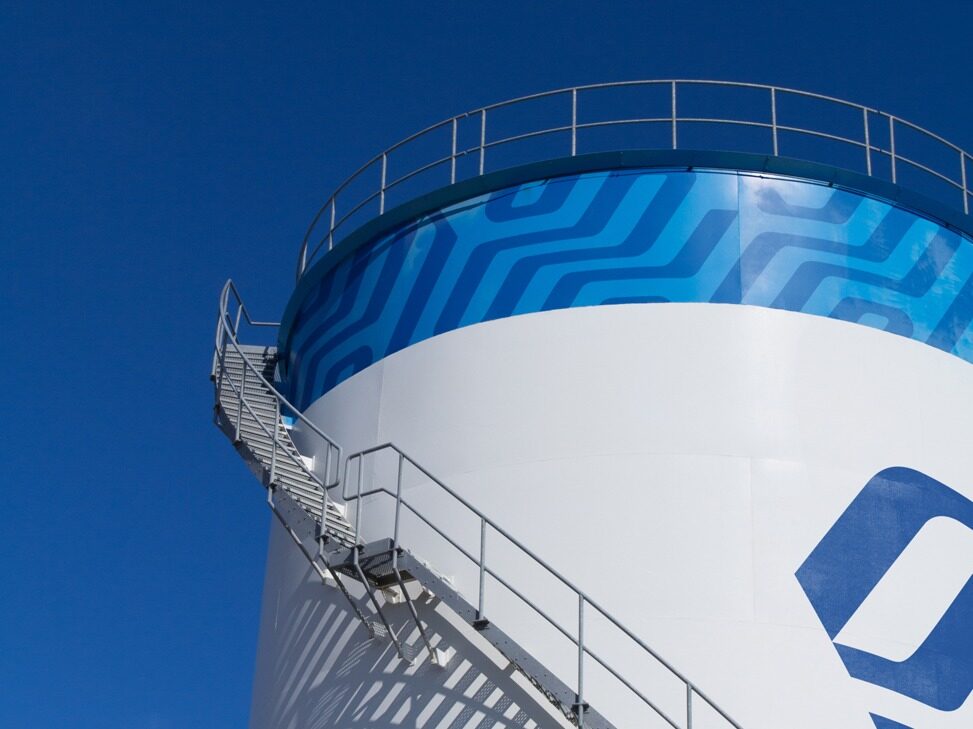- In recent years, the Philippine economy has developed relatively steadily, but the infrastructure construction is backward
- The Asian Development Bank will focus on strengthening climate action, job creation, and infrastructure construction in the Philippines

Former Asian Development Bank (ADB) official Ahmed Saeed pointed out during the United Nations Climate Change Conference that the ADB Energy Transition Mechanism (ETM) has played a crucial role in the global decarbonization process. The Philippines has joined the ADB's ETM project and is implementing a series of related energy and rail transit infrastructure investment projects to complement the shift in energy policies. At the same time, the Asian Development Bank is also developing a national partnership strategy for the Philippines from 2024 to 2029, with a focus on climate action, job creation, and strengthening infrastructure construction.

In 2021, the Asian Development Bank launched the Energy Transition Mechanism (ETM), which aims to help address climate change issues by reducing greenhouse gas emissions in the Asia Pacific region. It has been piloted in three countries: Indonesia, the Philippines, and Vietnam, and has now expanded to Pakistan and Kazakhstan. In 2022, the Asian Development Bank approved the largest project financing loan to date in the Asia Pacific region through the Southern Philippines Commuter Railway project. This $4.3 billion project will provide safe and low-carbon transportation between the Manila metropolitan area and the city of Kalamba. It will help reduce greenhouse gas emissions, shorten travel time by half, and improve local public transportation connectivity.

At the same time, the Asian Development Bank also conducts cooperation outside the Asia Pacific region through the Climate Partnership Program (ACP). ACP aims to increase the number of climate related projects that developing economies can finance by utilizing charitable capital as investment subsidies. The initial focus of ACP will be on infrastructure development, with a grant of $240 million to support a global project development plan worth $800 million, with the goal of releasing $10 billion in investment through preferential capital to promote infrastructure construction. ACP plans to provide funding to investment management companies in Southeast Asia, the Caribbean, Africa, and India to increase the number of climate related projects and asset oriented businesses.Editor/Ma Xue
Comment
 Praise
Praise
 Collect
Collect
 Comment
Comment
 Search
Search














Write something~